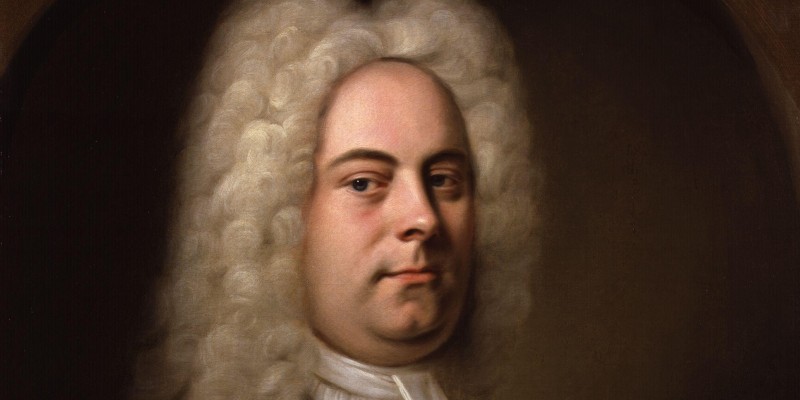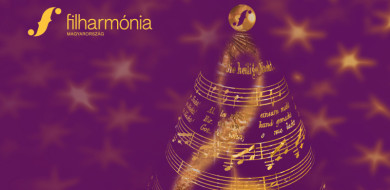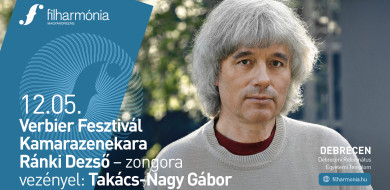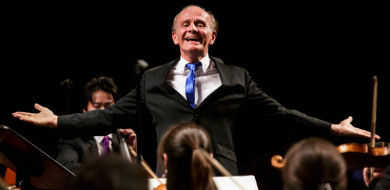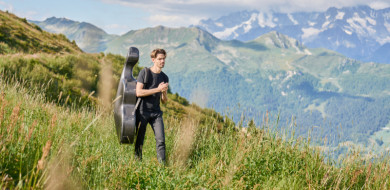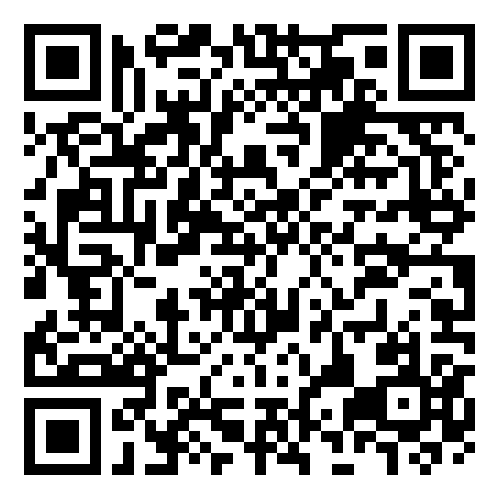Born the same year as Johann Sebastian Bach and Domenico Scarlatti, George Friedrich Handel is regarded as one of the greatest composers of the Baroque era, with works such as Water Music, Music for the Royal Fireworks and Messiah remaining steadfastly popular. Handel's father did not approve of his son's love of music, so his mother had to smuggle a small keyboard into the attic of their house. The young boy would play the instrument up there, in secret on his own, when his father was not around. Handel received musical training in Halle, Hamburg and Italy before settling in London in 1712; he became a naturalised British subject in 1727. He was strongly influenced both by the great composers of the Italian Baroque and the middle-German polyphonic choral tradition. Within fifteen years, Handel had started three commercial opera companies to supply the English nobility with Italian opera. Musicologist Winton Dean writes that his operas show that "Handel was not only a great composer; he was a dramatic genius of the first order." After his success with Messiah (1742) he never performed an Italian opera again. Almost blind, and having lived in England for nearly fifty years, he died in 1759, a respected and rich man. His funeral was given full state honours, and he was buried in Westminster Abbey in London.
Born the same year as Johann Sebastian Bach and Domenico Scarlatti, George Friedrich Handel is regarded as one of the greatest composers of the Baroque era, with works such as Water Music, Music for the Royal Fireworks and Messiah remaining steadfastly popular.

